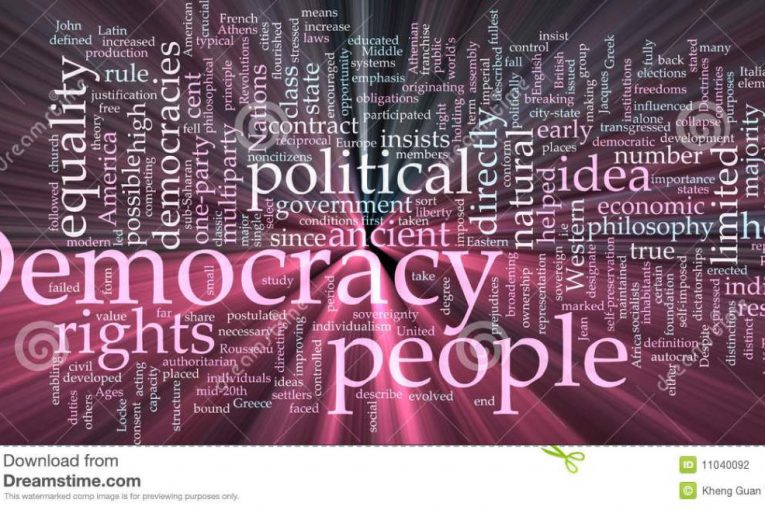
اعداد : أحمد سليمان أبكر، باحث في العلوم السياسية_ السودان.
- المركز الديمقراطي العربي
- مجلة الدراسات الأفريقية وحوض النيل : العدد الرابع عشر كانون الثاني – يناير 2022 ,مجلد 04 مجلة دورية علمية محكمة تصدر عن المركز الديمقراطي العربي ألمانيا – برلين .
-
تُعنى المجلة بالدراسات والبحوث والأوراق البحثية عمومًا في مجالات العلوم السياسية والعلاقات الدولية وكافة القضايا المتعلقة بالقارة الأفريقية ودول حوض النيل.
Journal of African Studies and the Nile Basin
للأطلاع على البحث “pdf” من خلال الرابط المرفق :-
ملخص:
تسعى هذه الدارسة إلى التعريف بمفهوم الدولة الهشة ومؤشراتها ومفهوم الانتقال السياسي والتحول الديمقراطي. وتناولت الدراسة الأسباب التي أفضت إلى وقوع السودان ضمن الدول الهشة وتأثير ذلك على عملية الانتقال والتحول الديمقراطي فيه بتسليط الضوء على حالة الانتقال الحالية التي بدأت عقب ثورة ديسمبر2019م التي أطاحت بنظام الإنقاذ في أبريل 2019م.استخدم الباحث المنهج الوصــفي الذي يعــتمد على وصف الحقائق بأسلوب علمي وموضوعي دقيق والمنهج الوظيفي في الدارسة لتحقيق هدف البحث وتحليل واقع أداء الحكومة الانتقالية الحالية في السودان الذي فقد تحقيق العديد من عناصره الأساسية إزاء تهيئة المناخ لعملية التحول الديمقراطي المنشود. ختاما كشفت نتائج البحث عن أسباب هشاشة الدولة وتحديات واقع الانتقال الذي يكتنفه الاضطراب بفعل ضعف الإرادة السياسية وصراعات القوى المتنفذة التي هي السبب الرئيسي وراء هشاشة الدولة واقع حكومة الفترة الانتقالية الموسومة بالضعف والأداء المتعثر.
Abstract
This study seeks to define the concept of a fragile state and its indicators and the concept of political transition and democratic transition. The study dealt with the reasons that led to Sudan’s fall within the fragile states and its impact on the process of transition and democratic transformation in it by highlighting the current state of transition that began after the December 2019 revolution that toppled the rescue regime in April 2019The researcher used the descriptive approach, which depends on describing the facts in a scientific and objective manner, and the functional approach in the study to achieve the goal of the research and to analyze the reality of the performance of the current transitional government in Sudan, which has lost the achievement of many of its basic elements towards creating the climate for the desired democratic transformation process.In conclusion, the results of the research revealed the reasons for the fragility of the state and the challenges of the reality of transition, which is shrouded in turmoil due to the weakness of political will and the conflicts of influential forces, which are the main reason behind the fragility of the state and the reality of the transitional period government marked by weakness and faltering performance.
